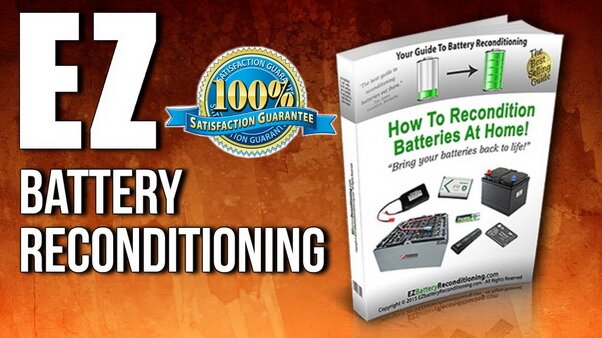Learn how to make leaf mould compost from your fall leaves.

As leaves take longer than other organic material to rot and breakdown, you can make leaf mould compost separately for your garden.
It really is quite simple to make leaf compost but it takes up to 2 years for it to be useable.
Rake your autumn leaves into piles and place them in old animal feed plastic mesh bags. You should be able to get these bags for free from horse stables. They work much better than municipal rubbish bags which tend to tear.
Make sure they are wet through and then seal the bags with twine. Place them in a warm secluded place and literally forget about them for 2 years. After this time they can be used as a wonderful mulch in your home vegetable garden.
If you leave the bags for a little longer the leaves will break down into a wonderful seedling mix.
Organic Gardening Made Simple Through These Tips
Organic gardening is often very, very difficult to accomplish, however, with the right knowledge and skills anything is possible. With the accomplishment of growing an organic garden, the reward is well worth the time learning how. This article will provide you with the tips & information you need to know about organic gardening:
* Use household vinegar on a day that is sunny as a spray for killing weeds that may be peaking out of your organic garden. Vinegar provides a natural weed-killer, which when applied under the sun can be very effective in killing plant-killing weeds. You will also find that it is healthy for the soil, garden and you as well.
* If you are experiencing a problem with slugs or other insects, a wonderful organic contact pesticide is diatomaceous earth. You can buy this at most garden centers, and it comes in a white powder form. It is an abrasive material that will kill the critters by damaging the skin of the slugs and joints of the insects.
* Carefully consider the location you choose to plant trees. Remember that your trees will likely get huge. Make sure trees are not planted too close to any structure or foundation. The costs involved, to remove a tree and roots that have gotten into your structures, can be astronomical. This will be easy to avoid with proper planning.
* If you don’t have a big yard, or any yard at all, you can still grow great organic produce in containers. Most vegetables, other than some root vegetables, grow just as well in pots as they do in the ground. There are also many varieties which have been bred to do well in containers.
* Remember the birds in the winter. If possible, don’t cut down everything in the fall. Any seed heads left will feed the birds over the winter. They also transport excess seeds on their bodies which allows for self sowing. Wildlife is an invaluable part of the organic garden, and you should try to encourage it.
* Try using ladybugs rather than pesticides to protect your plants from insects. You can order large quantities of ladybugs from gardening supply stores for very little money. If you release them near your garden, they will eat pests such as aphids, leaf hoppers, mites and other soft bodied insects, helping to protect your plants from these unwanted critters in the process.
* Protect your seeds from fungus with natural products. You can use milled sphagnum moss to protect all your plants. If your seeds need light to grow, sprinkle the moss first and then place your seeds. This solution is much better than any chemicals you can find in a store and will protect your seeds efficiently.
* Here is a thrifty and easy organic gardening tip. Always leave a portion of your plants unharvested so that you can collect their seeds later. You can label the seeds and use them next season to reproduce the best of last years crops. They also come in handy for seed swaps among the gardening community. So, let some of your plants go to seed! You will be glad you did when next season rolls around.
* Make sure that your soil is not deficient in minerals. Ideally, your soil should have a blend of fourteen basic mineral elements that come from the rocks in your region. When one of these minerals is missing, your plant growth will be adversely affected. When you see a deficiency, add organic mineral amendments to your soil.
Stated previously in this article, the results of growing an organic garden are well worth the time spent learning how to properly grow and care for one. Although, without the proper information it is a daunting task. Now that you have read this information you have the right knowledge to begin your organic gardening journey.

